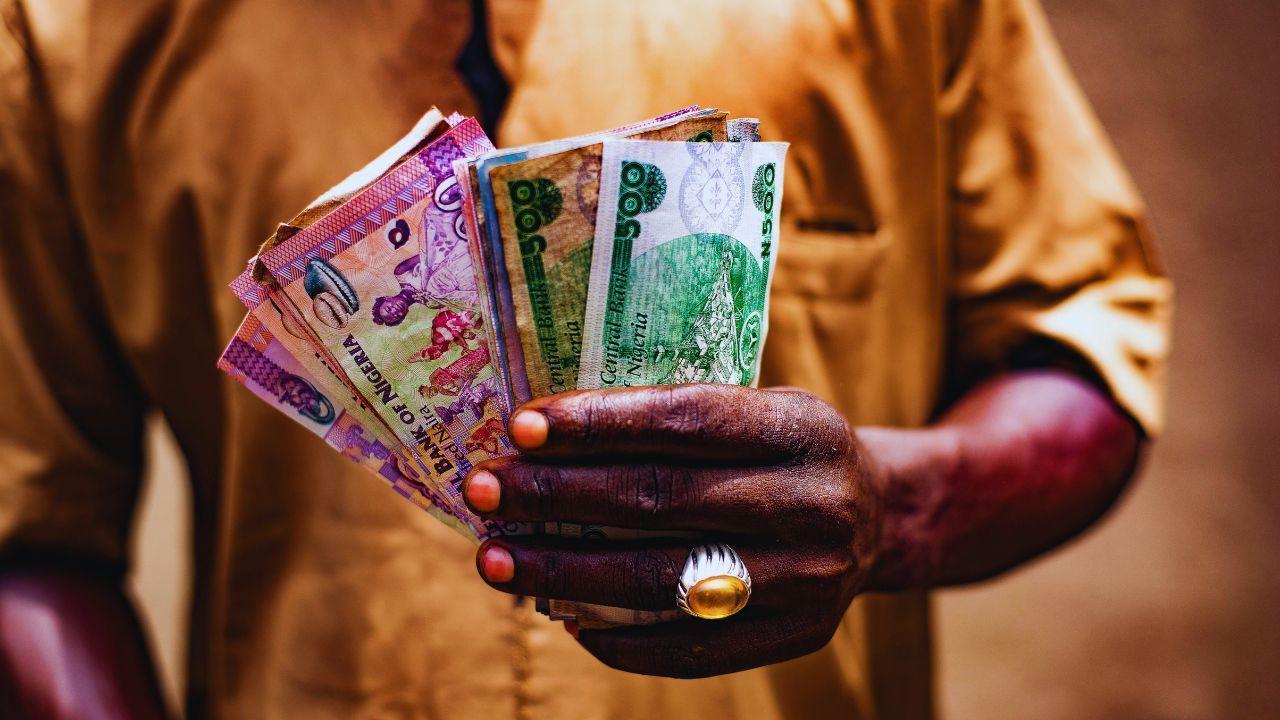You have not yet added any article to your bookmarks!

Join 10k+ people to get notified about new posts, news and tips.
Do not worry we don't spam!

Post by : Anis Farhan
In 2025, cash is no longer king in many parts of Africa and Asia. A quiet but powerful revolution is underway as digital currencies—ranging from mobile money platforms to central bank digital currencies (CBDCs)—are transforming the way people handle their finances. What began as an experiment in financial inclusion has now turned into a sweeping change that is reshaping economies, livelihoods, and even the role of governments in these regions.
The shift away from cash started with mobile money services like M-Pesa in Kenya and GCash in the Philippines. These platforms made it easy for people to send and receive money, pay bills, and buy goods without needing a bank account. By 2025, these services have evolved into full-scale digital wallets that support savings, insurance, and credit—all accessible through basic smartphones.
In Africa, mobile money transactions are now worth over $1 trillion annually, according to recent reports. In Asia, apps like Paytm, Alipay, and GrabPay have integrated digital payments deep into daily life. From street vendors in Lagos to farmers in rural Bangladesh, more people are trusting digital money over physical cash.
What’s driving this change? Convenience, safety, and access. In regions where banks are scarce and cash handling comes with risks of theft or fraud, digital money offers a more secure alternative. And with the rapid spread of internet connectivity and affordable smartphones, digital financial services have become easier than ever to use.
Seeing the success of private mobile money platforms, governments and central banks have entered the scene with their own digital currencies. Countries like Nigeria have launched the eNaira, while India is rolling out its digital rupee. These Central Bank Digital Currencies (CBDCs) aim to modernize financial systems, reduce reliance on cash, and improve transparency.
In Africa, several nations are piloting or planning digital currencies to streamline government payments, combat corruption, and bring more people into the formal economy. Similarly, Asian economies are testing CBDCs for everything from cross-border trade to retail payments.
The shift is not just about technology—it’s about building trust. With government-backed digital money, people feel reassured that their funds are safe, regulated, and recognized. This confidence is accelerating the decline of cash in daily transactions.
For small businesses, digital currencies have opened new doors. Shopkeepers who once dealt only in cash can now accept payments digitally, track sales, and even apply for microloans based on transaction histories. This has sparked growth in sectors ranging from agriculture to retail.
For society, digital money has boosted financial inclusion. Millions who were once unbanked now have the means to save, borrow, and invest. Women, in particular, have benefited, as digital finance has provided greater control over household income and spending.
However, this transformation is not without challenges. Experts warn of privacy concerns, cybersecurity threats, and the risk of leaving behind communities that lack digital literacy or infrastructure. Balancing innovation with safety will be key as digital money continues to replace cash.
Looking ahead, analysts predict that Africa and Asia will lead the global shift toward cashless economies. The next wave of innovation includes:
Interoperable platforms: Systems that allow seamless payments across countries and currencies, boosting regional trade.
AI-driven financial tools: Smart apps that help users manage spending, save smarter, and access credit responsibly.
Offline digital payments: Solutions for areas with patchy internet connectivity, ensuring no one is left behind.
At the same time, governments are working on stronger regulations to safeguard users and prevent misuse, while encouraging innovation that meets the needs of local populations.
What’s happening in Africa and Asia is not just about digital money replacing paper notes—it’s about reshaping economies for the digital age. The rise of digital currencies is bringing new opportunities, empowering communities, and setting the stage for more inclusive growth. As this quiet revolution gains speed, cash may soon become a thing of the past in these fast-changing regions.
This article is prepared by Newsible Asia purely for informational purposes. The views expressed are based on publicly available data as of July 2025 and are not intended as financial advice.










Tokyo Skytree Reopens After Elevator Malfunction Suspension
Tokyo Skytree resumed operations after a three-day closure caused by an elevator failure that trappe

Skiers Rescue Man Buried Under Snow at California Resort
A dramatic rescue at Palisades Tahoe shows two skiers saving a man suffocating under deep snow durin

Sri Lanka Ex-Intel Chief Arrested Over Easter Attacks
Former SIS Chief Suresh Sallay arrested by CID in connection with the 2019 Easter Sunday bombings th

Japan Reports Spike in Measles Cases Authorities Issue Alert
Japan confirms 43 measles cases in early 2026, prompting health authorities to warn potential contac

Korea US Clash Over West Sea Drill Communication
Conflicting accounts emerge on prior notice briefing, and apology during Feb 18-19 US air exercise i

Richard Liu launches $690M eco-yacht brand Sea Expandary
JD.com founder Richard Liu invests $690M in Sea Expandary aiming to produce affordable green yachts